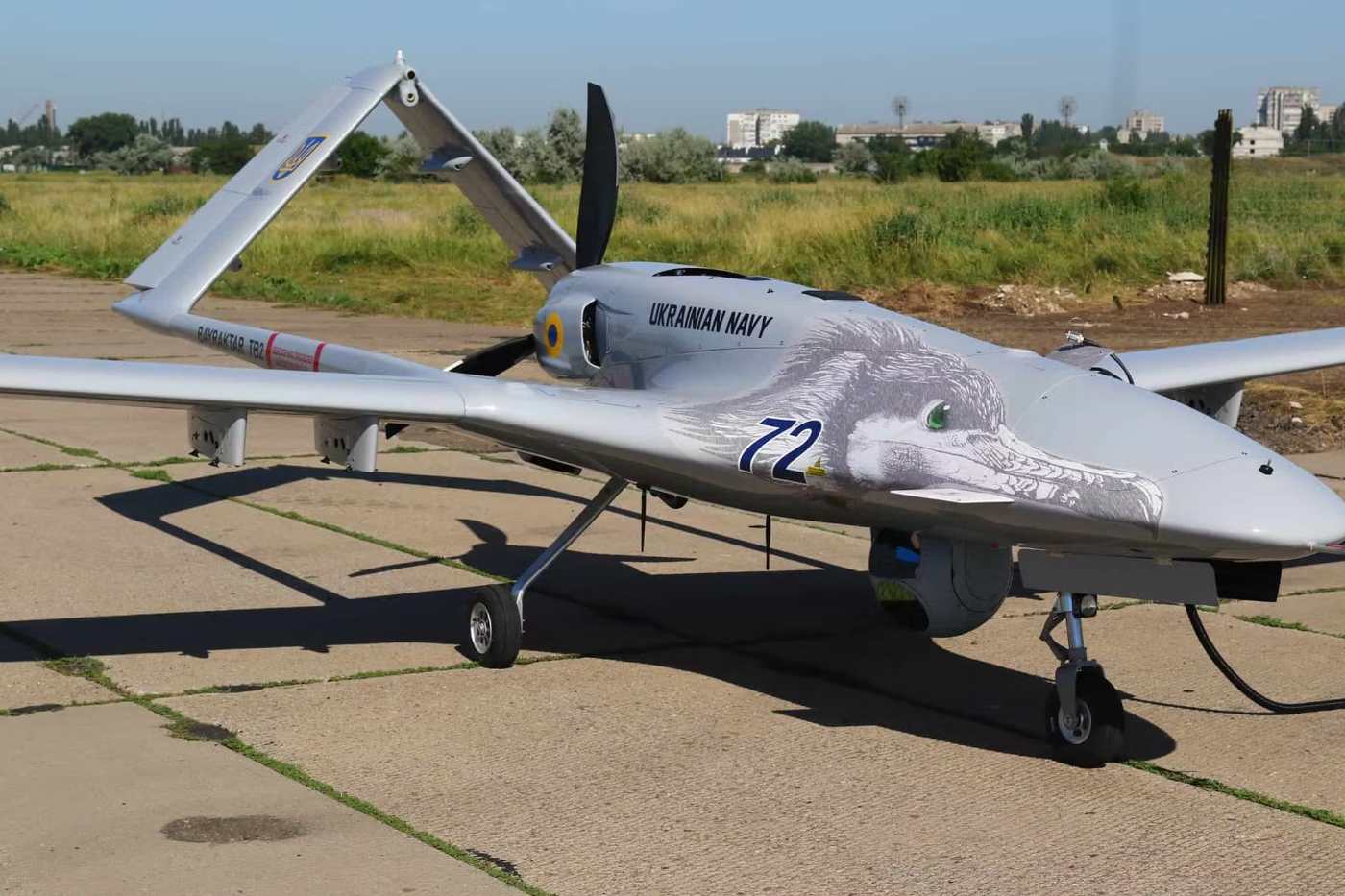
In a significant and potentially controversial move, Bangladesh has bolstered its defense capabilities by deploying Bayraktar TB2 drones near critical border regions. This decision highlights the nation’s intent to modernize its military while sending a strategic signal to regional actors. The drones, renowned for their precision and combat capabilities, were acquired from Turkey, a key player in the global arms trade, rather than from traditional suppliers like China or Pakistan.
Why Bayraktar TB2?
The Bayraktar TB2, developed by Turkey’s Baykar Defense, is a combat-proven unmanned aerial vehicle (UAV) with a stellar reputation. Known for its efficiency in reconnaissance and precision strikes, it has been instrumental in conflicts from Syria to Nagorno-Karabakh. With a payload capacity of up to 150 kilograms and advanced targeting systems, the drone’s versatility is matched by few in its class.
Bangladesh’s acquisition of these drones reflects a strategic pivot towards diversified military partnerships, moving beyond conventional suppliers like China and Pakistan. By turning to Turkey, Bangladesh has gained access to a cutting-edge system without the geopolitical strings that often come attached with deals involving larger powers.
Deployment and Strategic Implications
Reports suggest the Bayraktar TB2 drones are being stationed near sensitive border areas. While the exact locations remain undisclosed, the deployment has raised eyebrows among neighboring countries, particularly India and Myanmar. The drones could serve dual purposes: enhancing surveillance over disputed territories and providing a quick-response option in case of border incursions or escalating tensions.
The move also signals Bangladesh’s intent to assert its sovereignty and maintain a robust defense posture amidst a volatile regional security landscape. The nation’s history with neighboring disputes, particularly concerning maritime boundaries and border incidents, makes this deployment a calculated measure to deter potential aggression.
Turkey’s Growing Defense Export Influence
Turkey’s rise as a defense exporter has been meteoric, with the Bayraktar TB2 being a centerpiece of its success. For Bangladesh, the deal represents a step toward reducing dependency on traditional suppliers and diversifying its defense portfolio. This aligns with Turkey’s ambition to expand its influence in South Asia and strengthen bilateral ties through strategic partnerships.
Regional Reactions and Potential Fallout
The deployment of armed drones near sensitive areas is bound to evoke mixed reactions. India, a dominant player in the region, may view this move with caution, given its ongoing efforts to counterbalance Chinese influence in South Asia. Meanwhile, Myanmar, with its own complex relations with Bangladesh over the Rohingya crisis, might interpret the deployment as a show of strength.
However, Bangladesh has consistently emphasized its commitment to peace and diplomacy. Officials have clarified that the acquisition and deployment of the drones are strictly defensive, aimed at safeguarding national sovereignty and responding to emerging security challenges.
Conclusion
Bangladesh’s deployment of Bayraktar TB2 drones underscores a calculated and bold move in a rapidly shifting regional security landscape. By opting for Turkey as a supplier, the nation has signaled its intent to pursue an independent and modernized defense strategy. While the decision may provoke regional tensions, it also positions Bangladesh as a nation prepared to defend its interests with cutting-edge technology.
As the situation develops, the region will undoubtedly watch closely, assessing how this deployment reshapes the balance of power and influences the broader geopolitical narrative in South Asia.

